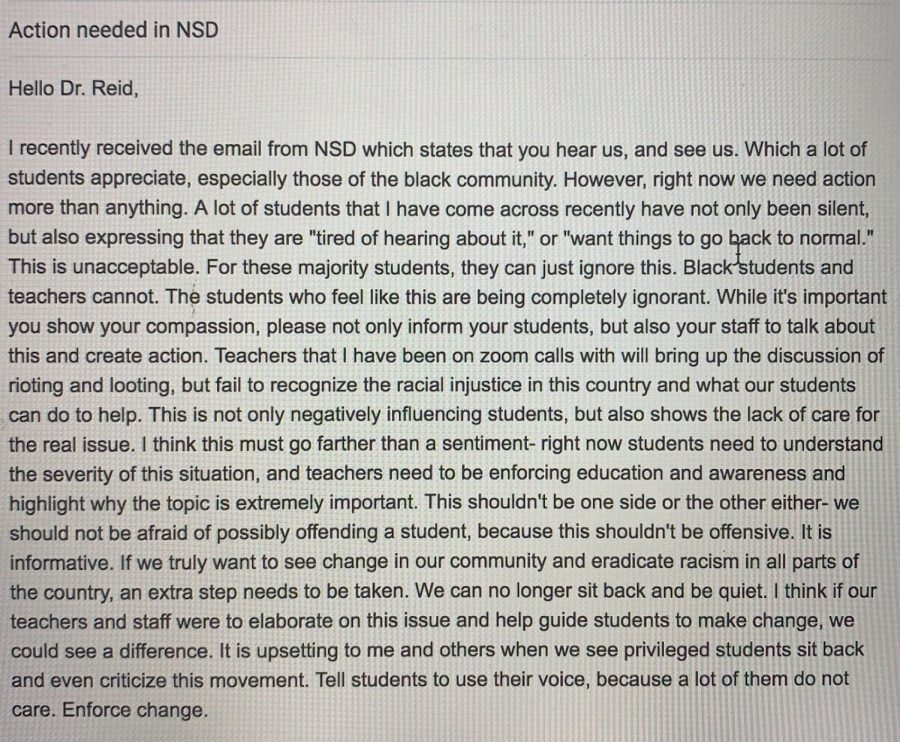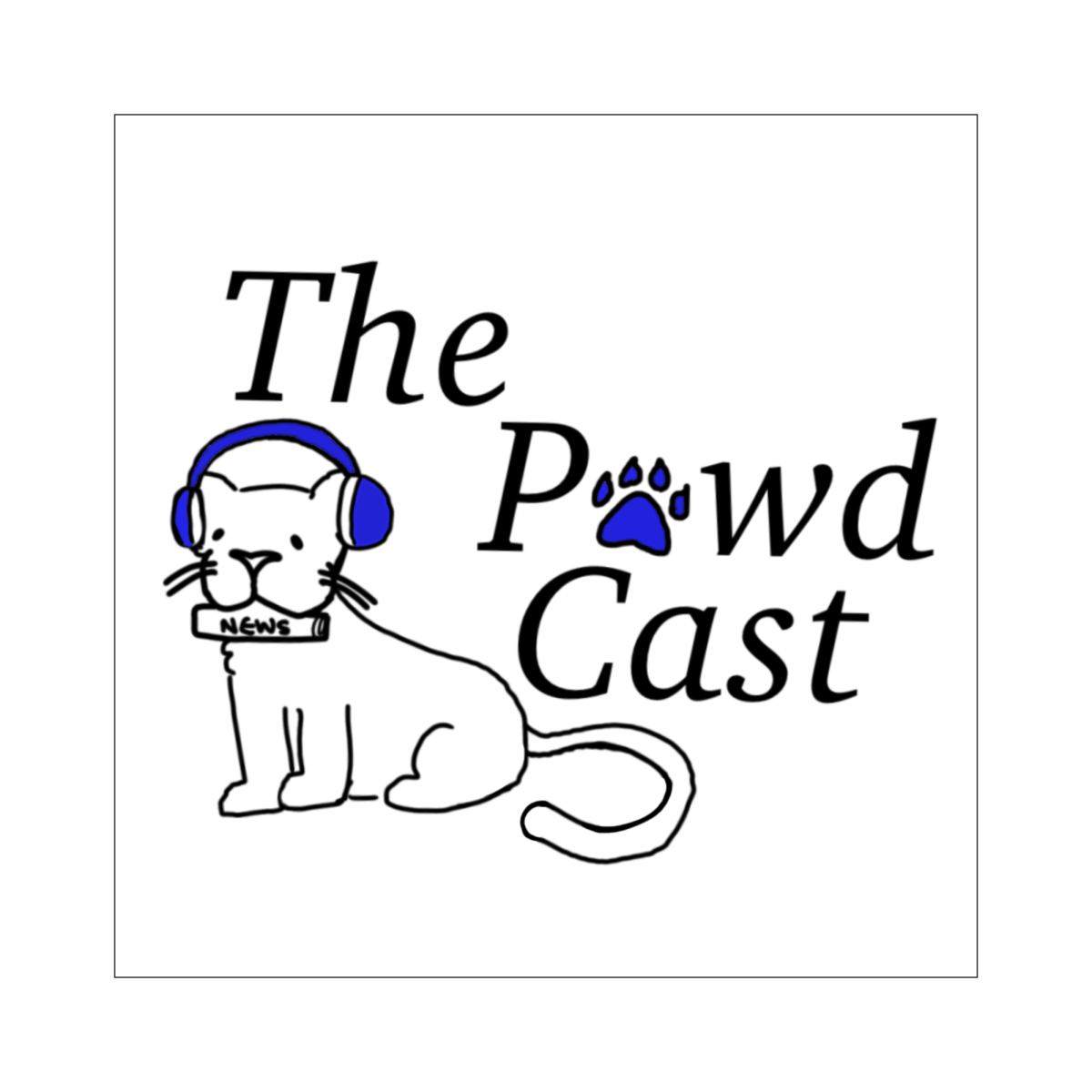The problem with Character Strong
October 29, 2020
For many BHS students, the spring/summer of 2020 was, in short, traumatic. From self isolation, to losing loved ones to COVID-19, to the politicization of human rights and racial equity, this was a summer like no other. The students in our school, and our district, needed support. All summer, students sent out messages to our district, begging them to address the current events and take action to support the mental well being of the NSD students, especially the students of color.
A petition, created by a Woodinville senior, received almost six hundred signatures from NSD students, parents, and even teachers in just a few days. Accompanying many signatures were personal messages written by students about what they needed from our school district in order to start school in the fall. Malavika Santhosh (‘22) concludes her response in the petition with, “An ignorant public is dangerous and raising awareness and teaching students about racial injustices is the only way we can combat that”. Student responses ranged from demanding mental health resources and counselors of color to ethnic studies and the removal of campus police.
After such a polarizing summer, students received an email from Northshore regarding online learning for the new school year. One section read, “Teachers will integrate at least 40 minutes of social emotional learning, social justice, and/or racial justice into each class weekly” (email sent by the Northshore School District, Aug 4th 2020).
Fast forward to September 2nd, the first official day of the 2020-2021 school year. Before even learning the names of their classmates, students were met with Social and Emotional Learning (SEL) curriculum, more specifically CharacterStrong. Bothell activities director, Sydney Fee says, “It was extremely important to intentionally build connections as we started remote learning… Right now students are struggling with a huge range in emotions and need school and personal connections more than ever”. One can assume that our school’s administration had good intentions, however many students, myself included, would agree that the CharacterStrong curriculum fell flat, and that would be an understatement. Bothell High senior, Phia Endicott (‘21), expresses her opinions on her experience with CharacterStrong this fall, “the current SEL model is so irrelevant to the things I’m experiencing. It’s disappointing and invalidating to not see myself, in any sense, in a curriculum that is meant to better my health”. An overwhelming majority of BHS students that I talked to over the past couple of months would agree, CharacterStrong completely missed the mark. Not once mentioning race or mental illnesses that students may be experiencing, the SEL lessons were nothing more than a waste of precious class time.
How about the Bothell teaching staff? They were the ones who were required to teach the lessons so how did they feel about their first class periods of the year being hijacked by SEL? BHS French teacher and Bothell alumnus, Jeremy Tapp chimes in, “I sensed students would’ve preferred to get started with the content of the course. I also felt issues of racial and social justice were strangely absent from the program一 I assumed that was the direction we were going”. Even the adults, who were in charge of delivering the program to the student body, questioned the contents of the program. What does that say about the validity of this course?
CharacterStrong was a monstrous flop this year but that just leaves room for improvement. In the future, what would an SEL experience that is truly beneficial look like? Yohana Woldegiorgis (24’) suggests, “SEL learning would be better coming from counselors instead of in the classroom with our teachers. Maybe instead they could have students set up times with their counselors”. I find it interesting how our teachers were expected to do the work of mental health professionals, something that they did not sign up for, nor qualified for. The lessons covered several sensitive topics that could be upsetting to some students and it felt like an invasion of privacy to listen to my classmates talk about such personal and vulnerable subject matters.
Despite the dissatisfaction from students and teachers alike, Fee explains that, “There has been a noticeable difference in classrooms where those intentional connections were made versus those that put the connection building aside and dove right into curriculum”. Whether SEL was a positive experience or not, Bothell offers several resources that can help fill the gaps that CharacterStrong left in our expectations. “Bothell has the best counselors and mental health counselors around. I highly encourage students who feel like they are struggling to reach out to them…” Fee tells me. In a time like this, Bothell is “…devoted to students knowing they are important and we are still a Bothell family whether in the building or not” Fee adds.
Hearing how students did not benefit from the CharacterStrong program in the slightest, and how they, at the very least, did not receive instruction regarding social and racial justice, as they were promised, I have one final question to pose: Did the district promise anti-racism training during a time of deep racial turmoil just to silence the voices of the concerned students or, do they plan on following through with their promise in the near future?








Jay DeGraff • Nov 1, 2020 at 8:09 am
Well written Tara! Lots to think about. Thank you for writing your activism.